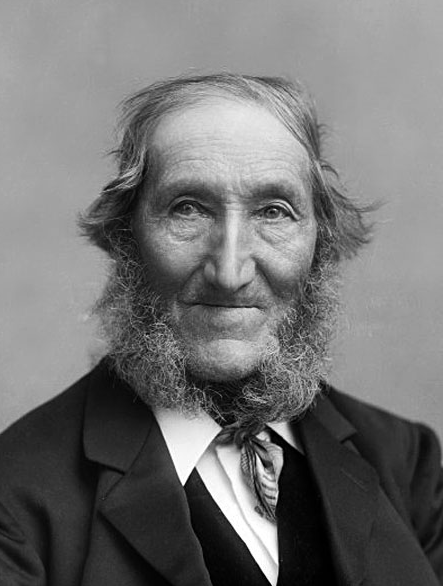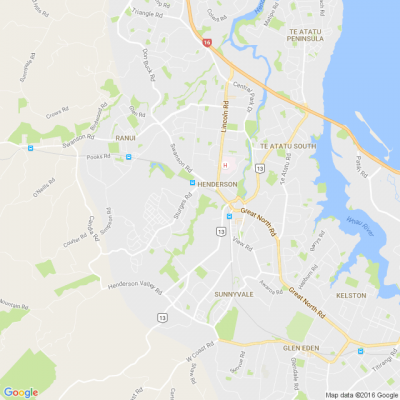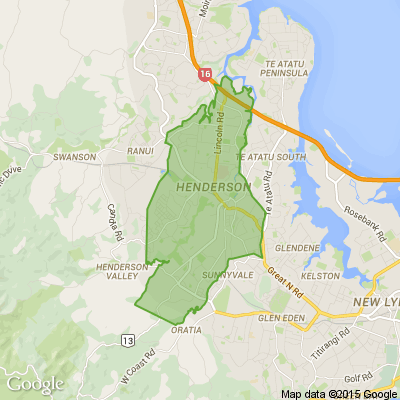Covid-19: The Air Force worker stuck in the cycle of managed isolation
Royal New Zealand Air Force squadron leader Marcus Hogan is second in charge of the No 5 Squadron which flies P-3K2 Orions.
The 41-year-old pilot was deployed to Japan in December to patrol international waters in North Asia to detect vessels of interest and illicit ship to ship transfers.
The mission backed implementation of United Nations Security Council resolutions imposing sanctions against North Korea.
Hogan said he isolated for 14 days on arrival in Japan, operated under “level four lockdown” conditions for another four weeks, then returned home to another 14 days in managed isolation.
“You start going a bit stir crazy, then you stack up a couple of sets of isolation on that, and you start getting a bit twitchy,” the Whenuapai resident said.
Hogan packed his travel guitar, computer and books to keep busy.
He said some team members struggled with the long confinement “but we helped each other out, got some memes and some Viber groups going”.
The degree of discomfort from nose swabs depended on the skills and the speed of the person administering the test, he said.
During one “horrid” examination, a health worker was proceeding so slowly that Hogan started sneezing.
“Oh my word, it was uncomfortable. I was crying for about 10 minutes.”
The former airline pilot said before the pandemic, cabin crew and Orion personnel would typically spend their rest time abroad at the pool, going for a walk or doing something fun together.
“Now you talk to people on the aircraft, hop off and go to your own room and that’s the end of it.
“It definitely has taken a lot of that enjoyable social aspect out of it.”
Read about other air crew facing perpetual managed isolation here:
www.stuff.co.nz...

Poll: Does grocery bagging affect where you shop?
There's only a few differences between our larger chain supermarkets here in New Zealand. Having someone bag your groceries is one of them.
Does having your groceries packed for you at the checkout influence where you do your grocery shop? If so, tell us why.

-
24.1% Yes
-
75.2% No
-
0.7% Other - I'll share below
Six tips for improving security around your home
1) Improve outdoor lighting
Ensure that streets, driveways, and front yards are well-lit. Motion-sensor lights around homes deter trespassers by reducing hiding spots and illuminating their movements.
2) Trim your trees
Overgrown shrubs and trees provide cover for intruders. Keeping them well-trimmed around windows and doors improves visibility and reduces potential hiding spots.
3) Secure Entry Points
Ensure doors, windows, and gates are always closed when you are away from the house. Upgrade to more secure locks, deadbolts, or even smart locks for added protection.
4) Add a security camera
Place security cameras in the main entry points to your home. Doorbell cameras are also relatively cheap and a great way to keep track of who is visiting your home when you aren't there.
5) Start a Neighborhood Watch Program
You could reach out to members on Neighbourly to form a group of neighbors who can regularly keep an eye out for suspicious activity and report it. You could also check with Neighbourhood Support to see what is existing in your area.
6) Introduce yourself to your neighbours
The closer you are to your neighbors, the more likely they’ll notice when something unusual or suspicious is happening around your property
Feel free to share anything that you do around your area to deter crime.

What workplace change would you like to see most?
This coming Monday is Labour Day in New Zealand. This public holiday marks when the eight-hour workday and 48-hour workweek became law in 1899. The idea started with Samuel Parnell, a carpenter in Wellington, who in 1840 refused to work more than eight hours a day. Since skilled workers were in short supply, his employer had to agree.
As more skilled workers arrived, employers tried to change working conditions, but Parnell and others kept pushing for better rights. In 1890, Parnell led a Labour Day parade of 1,500 people to promote the eight-hour day. He passed away shortly after, and nine years later, Labour Day became an official public holiday.
Do you feel that we have reached the ideal in working environments yet? What rights are you passionate about relating to employment? Share your thoughts!








 Loading…
Loading…














